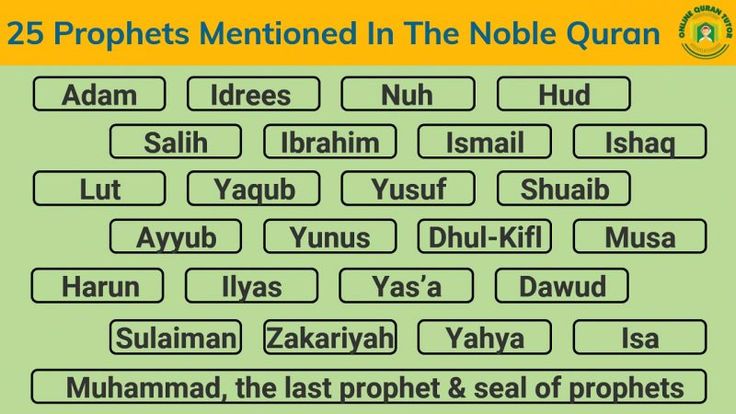In the intricate tapestry of religious history, the Bahá’í Faith emerges as a beacon of unity, transversing the boundaries delineated by time, culture, and creed. At the heart of Bahá’í teachings lies a profound acknowledgment of a continuum of divine guidance. The narrative begins with Abraham and culminates with Baha’u’llah, interweaving the stories of Prophets whom God has sent throughout the ages. This exploration invites a deeper understanding of how these manifestations of the Divine weave together a legacy of spiritual and moral enlightenment.
The journey through the annals of spiritual history begins with Abraham, a towering figure revered in multiple faith traditions. As the patriarch of monotheism, he exemplifies the eternal quest for divine connection. Abraham’s covenant with God marked a pivotal moment, setting the stage for a series of Prophets who would carry forward the message of divine oneness. His life’s theme resonates with the beauty of sacrifice and faith, urging humanity toward the realization of a single, all-encompassing God.
Following Abraham, the flow of divine revelation continues with a succession of esteemed Prophets, each uniquely contributing to the spiritual evolution of humanity. Moses, with his unparalleled leadership and profound lawgiving, represents a pivotal shift; he articulated the ethical frameworks that would guide a burgeoning nation while emphasizing justice and accountability. In Bahá’í teachings, Moses is not seen merely as a historical figure but as a vital channel for divine instruction, encapsulating the essence of God’s will for His people.
Equally notable are the teachings of Jesus Christ, who brought forth a message of love and forgiveness. His life illustrates the concept of selflessness, presenting humanity with the ultimate example of divine love manifested in human form. The Bahá’í perspective does not undermine the significance of Jesus’ teachings but rather amplifies their meaning by recognizing Him as a Manifestation of God—part of the ongoing divine pedagogy intended to guide humanity toward spiritual maturity.
Subsequent Prophets, such as Muhammad, maintained this divine continuity. In the Islamic tradition, Muhammad’s revelation concluded the prophetic cycle in a sense, as he imparted the finality of God’s message for his time. The Quran stands as a testament to this divine wisdom, delivering ethical guidelines, spiritual insights, and a call for universal brotherhood. For Bahá’ís, these teachings reflect the cumulative nature of divine revelation, where each Prophet fulfills and complements the other.
Yet, the essence of Bahá’í belief circles around the concept of progressive revelation. This philosophy posits that God’s guidance evolves, adapting to the changing needs of humanity. Each Prophet represents a finger pointing toward the same celestial truth—humanity’s oneness. Baha’u’llah, the founder of the Bahá’í Faith, is perceived as the latest of these Manifestations, elucidating the relevance of past teachings while offering new principles suited for contemporary society.
Baha’u’llah’s proclamations crystallize the aspirations of myriad previous Prophets, synthesizing the wisdom of the ages into a coherent vision of unity. His teachings advocate for reconciliation among established religions and emphasize the importance of global citizenship. This unique approach transcends the historical confines traditionally associated with religious teachings, forging a path toward a harmonious and interconnected future.
The Bahá’í Faith reveres over a hundred recognized Prophets from diverse cultures and eras. Each of these figures—Zoroaster, Krishna, Buddha, and others—while embodying distinct spiritual narratives, collectively contribute to the overarching dialogue that humanity shares with the Divine. Their stories serve as reflections of the eternal principles of justice, compassion, and love, resonating with the fundamental truths that bind humanity.
As one contemplates the multitude of divine emissaries sent throughout history, the metaphor of a grand orchestra can be conjured. Each Prophet plays a unique instrument, contributing to a symphonic portrayal of divinity. Individually, their messages may echo distinctly; however, when orchestrated together, they create a harmonious composition resonating with the essence of the Divine. This metaphor not only illustrates the importance of each Prophet but underscores the intrinsic value of every human being in the grand tapestry of existence.
Moreover, the question of divine messengers engenders a sense of intrigue about the purpose of such revelations. Why has God sent so many Prophets? A prevailing Bahá’í understanding posits that each Prophet addresses the specific needs of their time, encapsulating divine wisdom that evolves in tandem with human understanding. This ever-unfolding revelation invites humanity to engage in lifelong learning and spiritual growth, fostering an environment where inquiry and education flourish.
The concept of unity among these diverse teachings underlines another central tenet of the Bahá’í Faith—the oneness of humanity. Baha’u’llah proclaimed that all Religions are but different paths leading to the same summit. This notion calls upon adherents to transcend entrenched social divisions, promoting acceptance, respect, and collective endeavor toward global harmony.
In conclusion, the narrative of divine guidance from Abraham to Baha’u’llah encapsulates an extraordinary journey through time. It symbolizes humanity’s continuous search for meaning and connection with the sacred. The teachings of the Bahá’í Faith, illuminated by this historical lineage of Prophets, inspire individuals to foster an inclusive worldview, drawing on the rich wisdom of past revelations while embracing the promises of future harmony. Ultimately, these divine messengers encourage a spiritual awakening, affirming that the journey toward understanding the Divine is as expansive as the stars themselves—a vast and compelling odyssey guided by love and unity.
